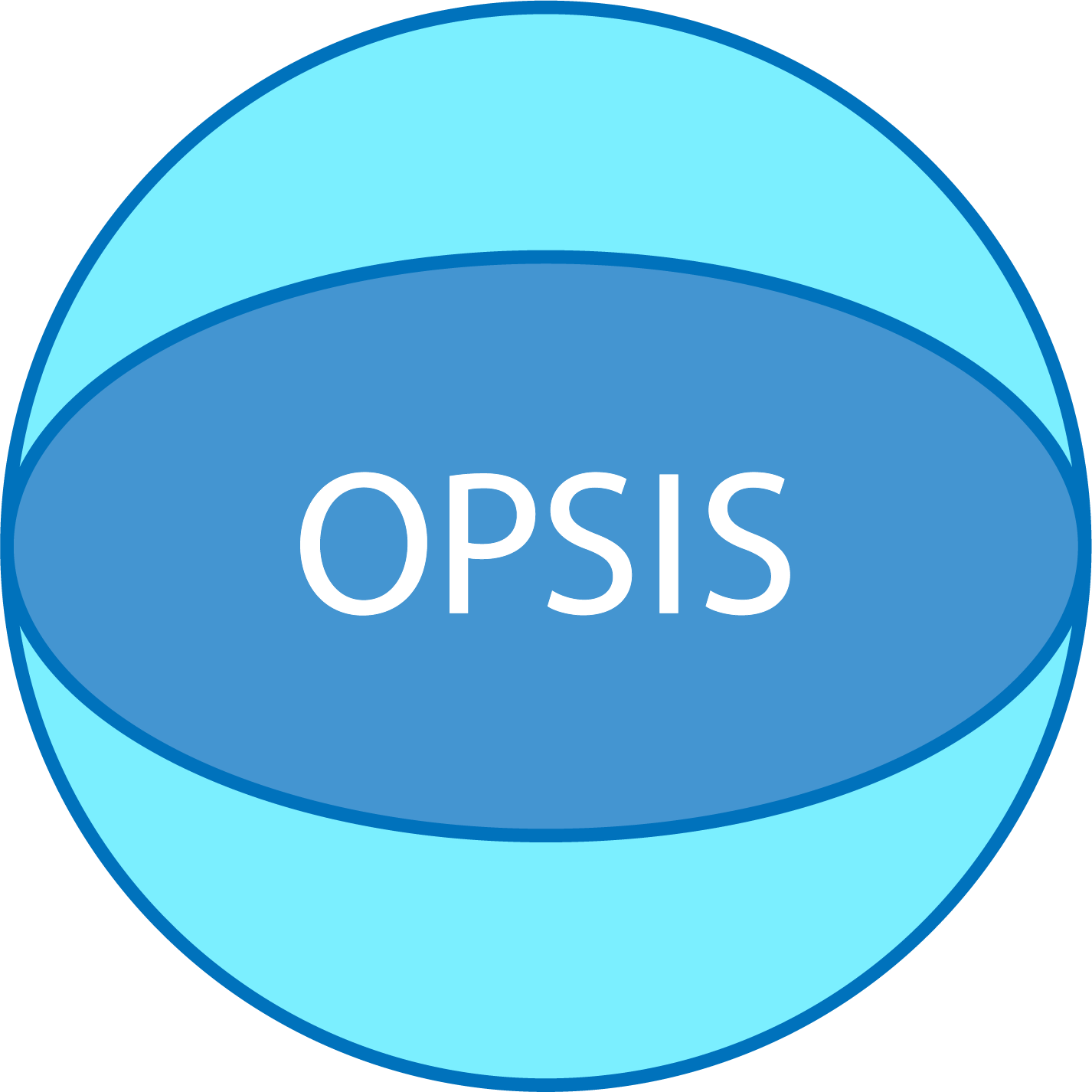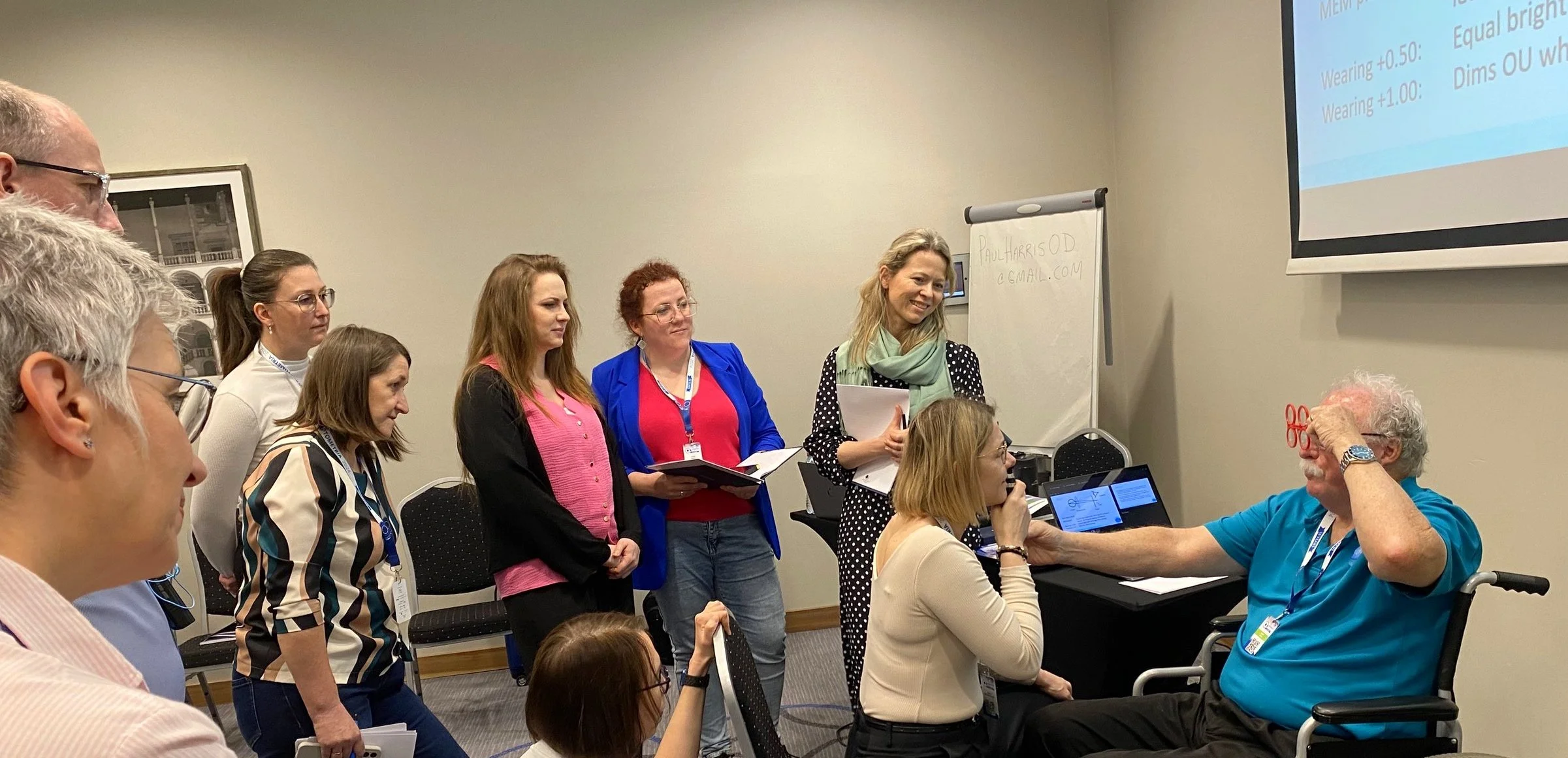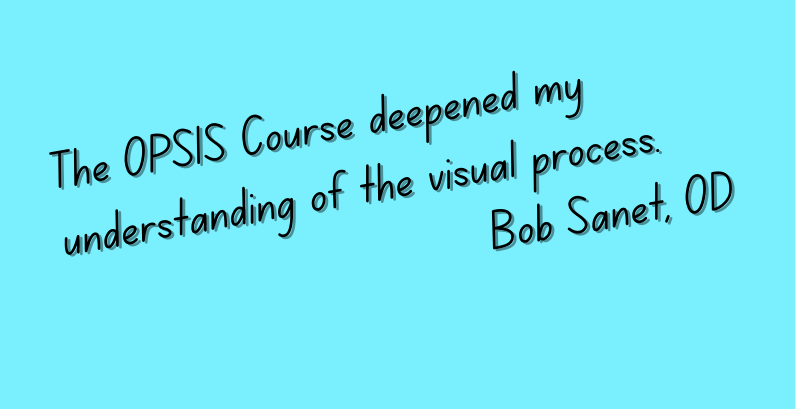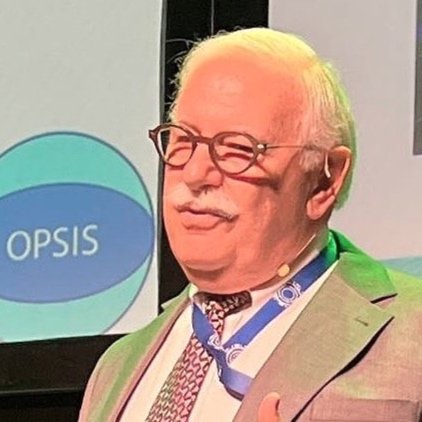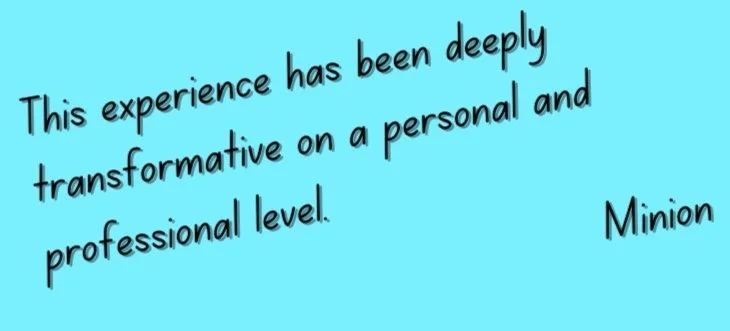Advancing Learning through Vision
126 hours to change your life!
Who should take the OPSIS Course?
Optometrists who are just beginning to investigate neuro-optometry, or optometry practiced from the behavioral perspective, will find everything they need to begin a practice providing visual therapy, and to prescribe lenses designed to enhance performance, reduce stress, prevent common visual problems such as myopia, and remediate visual issues such as reading difficulties or strabismus.
Vision Therapists will not only get a protocol to follow, but an understanding of how each activity can be used to help patients maximize their potential. They will clearly understand why each activity is sequenced the way it is, and will know how to customize and tailor those activities to meet the needs of each patient. This in turn minimizes the stress of determining which activities should be worked on each week.
Drawing on the 100+ years of experience in providing effective life-changing VT from the OPSIS instructors, therapists will also clearly understand what the doctor does during testing and the treatment options available to them to complement the VT they provide. The goal is simple: empower each therapist to become a full and contributing member of the care delivery team.
Therapists will gain a clear understanding of what their optometrist does in the examination room, and will be able to explain to patients and parents the importantance of careful prescription and use of lenses, and how this is a critical part of the therapy experience.
The goal is simple: empower each therapist to become an integral part of the care delivery team.
More experienced optometrists will find ways to deal with more challenging patients, expand their horizons, and deepen their understanding of the visual process.
One of the most common outcomes is a renewed enthusiasm and appreciation for what optometry offers every patient seen —an understanding that each person has untapped visual potential that can be met through prescribing from a broader or renewed perspective.
This in turn leads to more patients benefitting from visual therapy, and more patients using lenses designed to enhance visual performance, protect visual health, guide visual development, and provide comfort and healing in case of injury.
